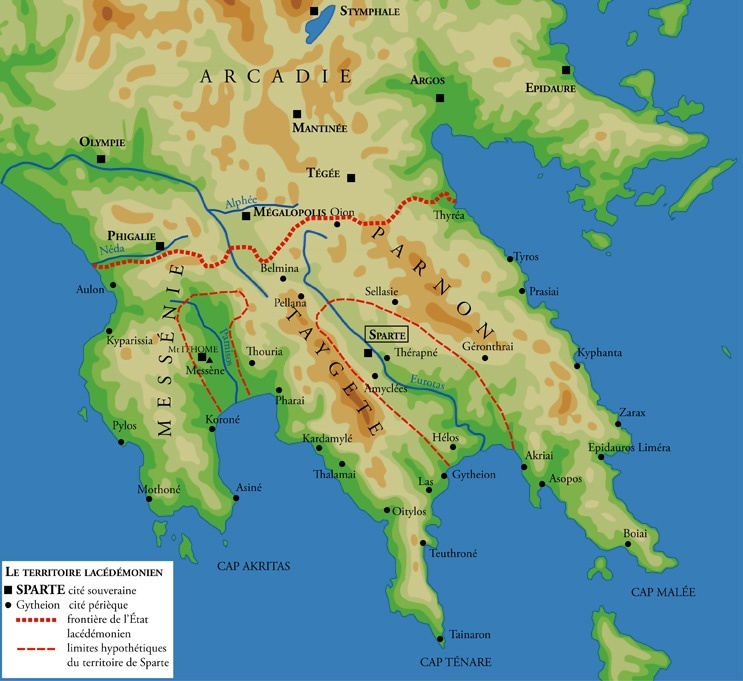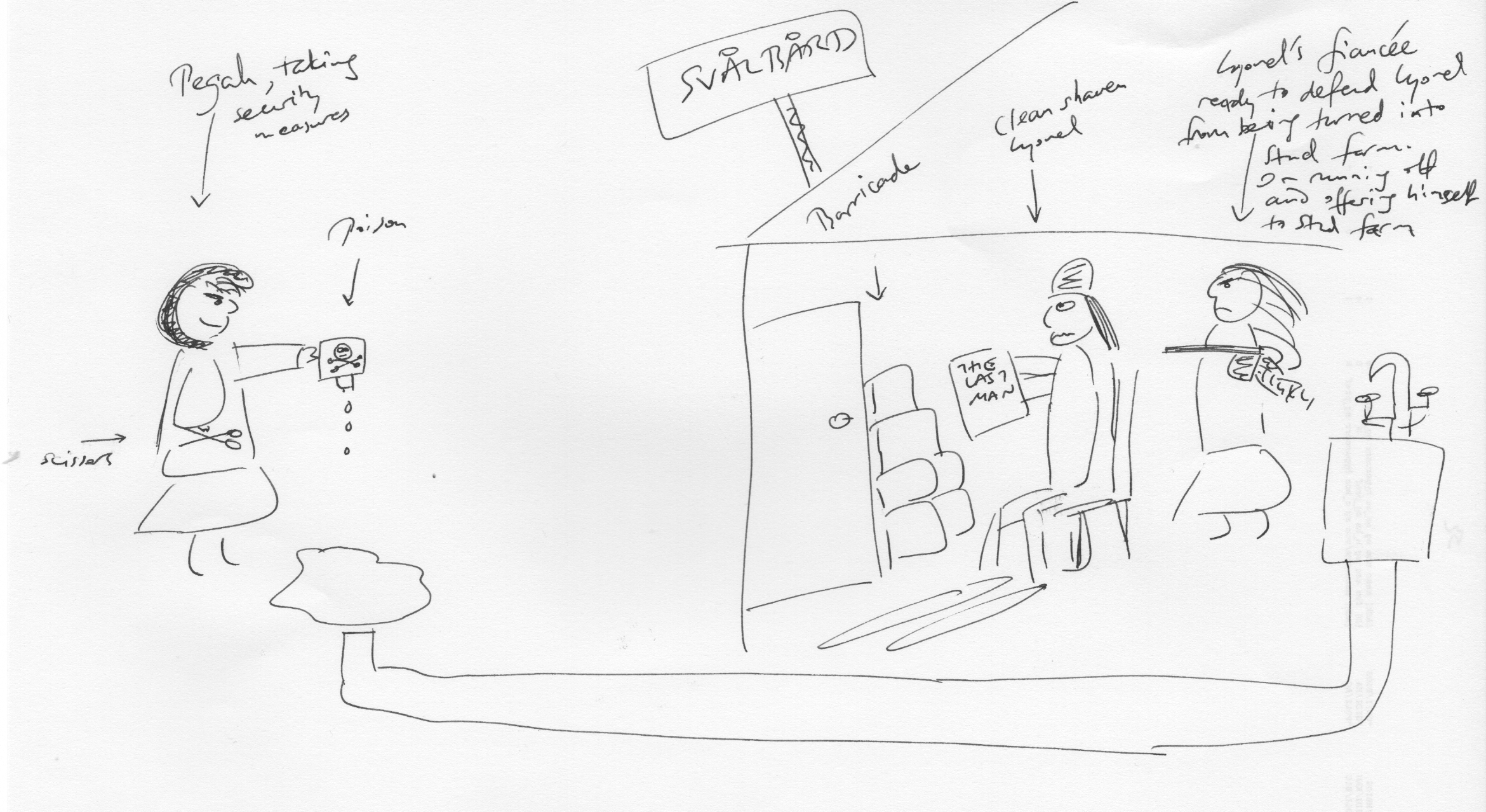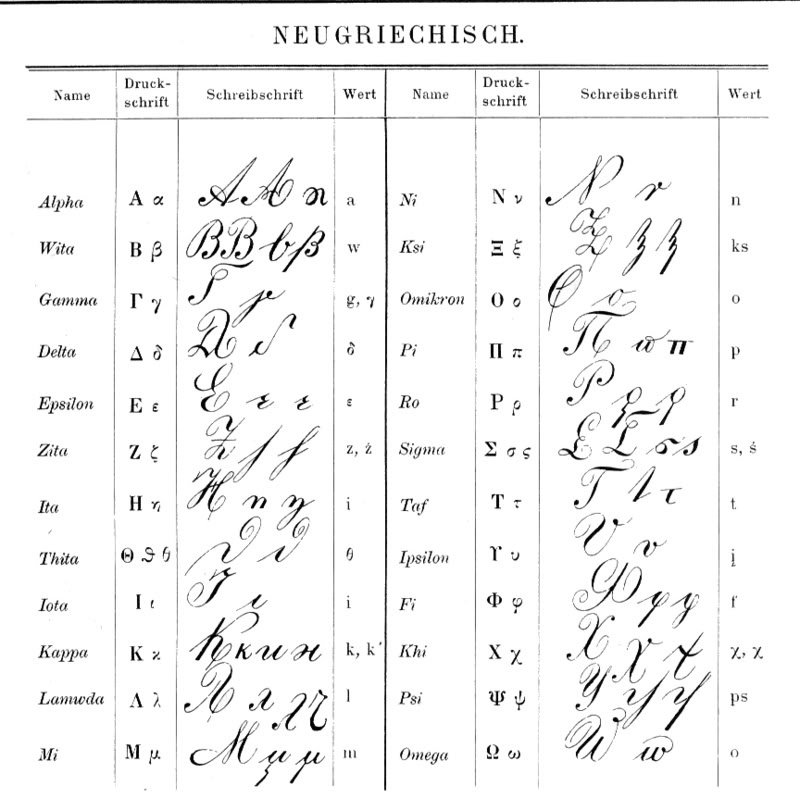There are two subgroups of Greeks in the general neighbourhood of Sparta, which were isolated from the Greek mainstream for a while, and who speak more archaic variants of Greek. You’ll hear people call them the descendants of Spartans. I don’t think it’s a meaningful thing to say; there’s been a lot of DNA traffic in the Peloponnese, and being a True Spartan is about the cultural norms that Bob Hannent alludes to—and which have not survived. Thank the Dioscurides.
One subgroup are the Tsakonians. Some derive their name from Laconians; some not. There is Doric in their language, but not as much as pop linguistics claims (Hubert Pernot was the most comprehensive student of Tsakonian, and a Doric skeptic). And Doric is not the most fascinating thing about the language anyway. And in terms of “national character”, they don’t seem to have been that different from their Greek-speaking neighbours.
The other subgroup are the Maniots. Their dialect is much closer to Standard Greek, but it still has distinctive archaisms. They have a reputation for ferocity, and were consumed by blood feuds; it took decades for the new Greek state to establish law and order in the area. Are they true Spartans? Well, they probably think so.
But yeah, having to provide an armed escort to people in case a sniper will get them during a blood feud (the xevgartis) may have been normal in Mani; but that does not make you King Leonidas.

In this map from Wikipedia, Tyros in the east is in Tsakonia, Oitylos and Gytheion in the south are in Mani, and Sparte is Sparta.





